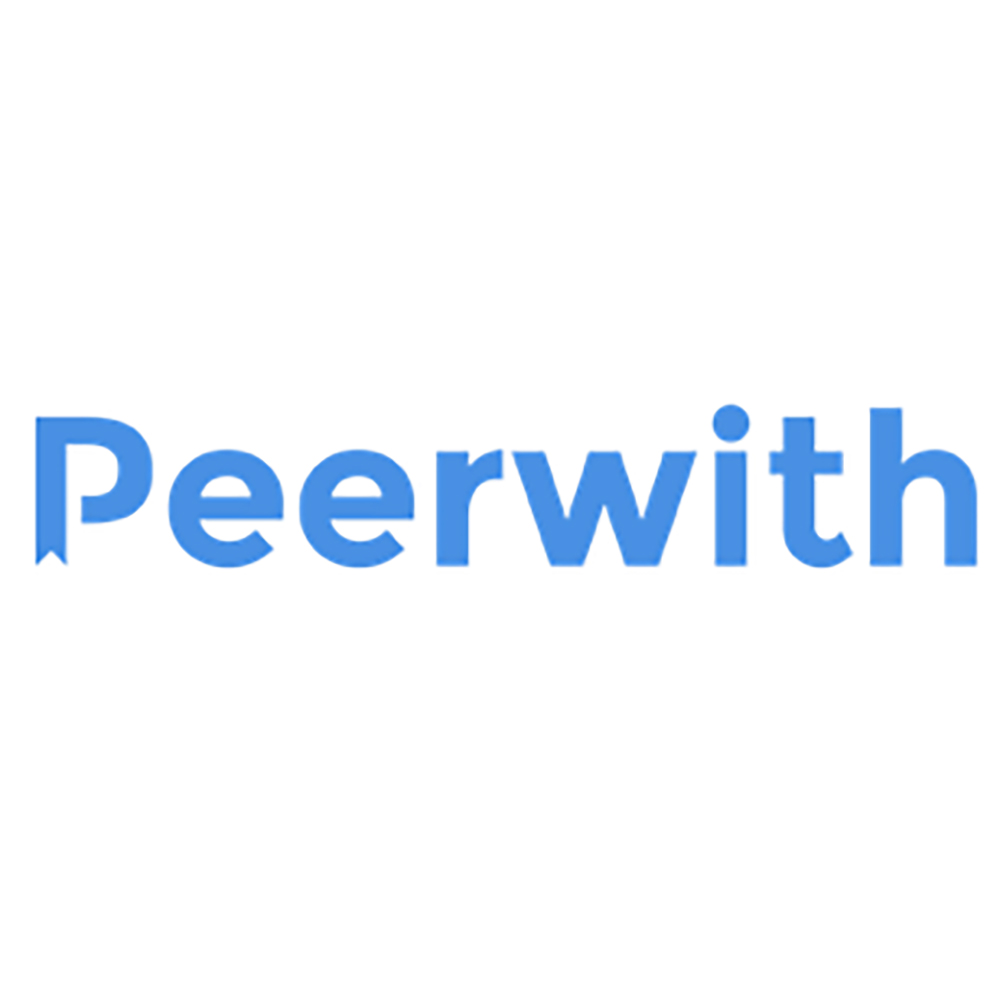
There are career opportunities for editors who are interested in helping non-native English-speaking researchers prepare their papers for publication. This type of work allows editors to meet and work with smart, interesting people and have a front-row seat to new research coming on stream.
The Peerwith community
Peerwith.com is an innovative peer-to-peer (P2P) platform that connects freelance editors (whom Peerwith refers to as experts) with non-native English-speaking academics (researchers) who are looking for publishing-related services, from copy editing to manuscript evaluation, proposal writing, translation, indexing, writing support and full-service book editing.
Most of these researchers are university lecturers who wish to publish articles in academic journals or submit books to university presses. Peerwith’s experts usually hold graduate degrees in their subject area. However, taking an interest in a particular field and doing some self-study is another avenue freelance editors can explore. For papers on topics considered less technical than those in the hard sciences, editors may learn along the way.
How Peerwith works
Peerwith’s platform provides its experts with their own dashboards where they can post their profiles on their Peerwith Expert page. Peerwith also adds researchers’ ratings and testimonials to these profiles, providing prospective clients with additional information about the quality of these experts’ work. Researchers can contact experts directly via these dashboards, where they can also correspond to establish the details of the work, including the price and deadline. Researchers may also provide other information, such as referees’ feedback and journal guidelines.
Researchers may post their requests as “open assignments” that go out to all Peerwith experts. A link to this list of assignments is provided on all experts’ dashboards; updates occur as new projects come in. Experts can check out the details of each assignment, decide which researchers they want to contact, make connections, obtain further details, including a sample of the writing (it’s good to ask), and decide whether to provide a quote. Peerwith adds a small fee to each quote: 12 per cent for returning clients and 20 per cent for new ones. Once the researcher accepts the quote and is “connected” with the expert, full payment must be remitted to Peerwith before the editorial work can begin. Quotes range from US$.04 to US$.06 per word.
Experts’ dashboards also permit back-and-forth communication during the work; alerts about messages from either party are sent via email. This connection ensures experts understand the researchers’ needs and papers are in the best possible shape before submission. It also develops close working relationships, happy clients and repeat business. Once the researcher “accepts” the work, Peerwith remits payment to the expert’s PayPal account within five working days.
Working with Peerwith
I have been working with Peerwith since its early days and am impressed with its innovativeness, smarts and professionalism. It has been a privilege to develop close relationships with leading researchers from around the world and read new research coming out in a number of fields, from economics to environmental planning, climate change, Islamic banking, sustainable development, and the spread and impacts of COVID-19. The work is gratifying as publishing important research findings often leads to policy-making that aims to do good in the world, and we editors get to play a small but necessary role in this process.
For more information on Peerwith, check out CEO Ivo Verbeek’s post on Euroscientist.com: https://www.euroscientist.com/ivo-verbeek-interview-cutting-middle-man-language-editing
If you want to become a Peerwith expert, check out: https://www.peerwith.com/services/offer
A partnership agreement between Editors Canada and Peerwith promotes Editors Canada members who are Peerwith experts. Members can learn more about the agreement on the Editors Canada website (requires member login).
___
The Editors’ Weekly is the official blog of Editors Canada. Contact us.
Discover more from The Editors' Weekly
Subscribe to get the latest posts sent to your email.
